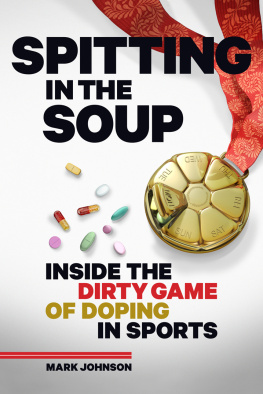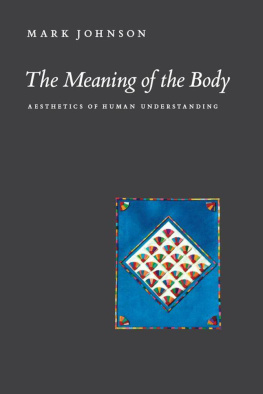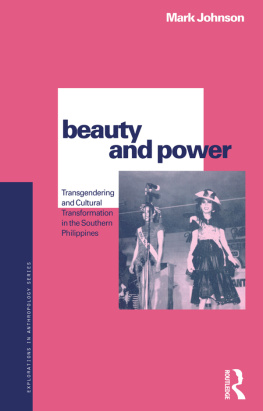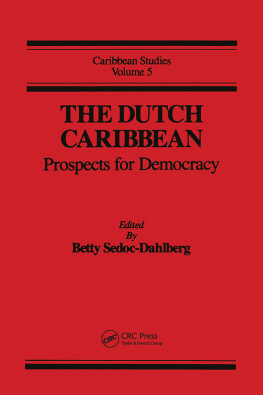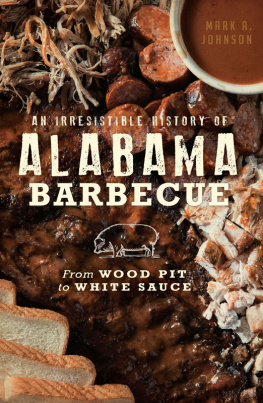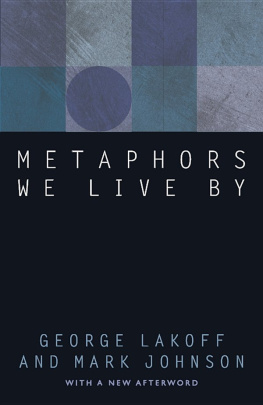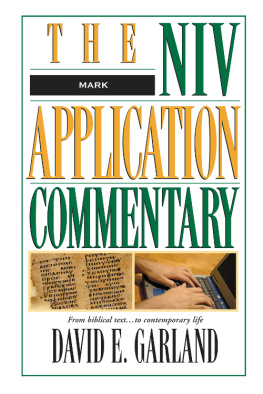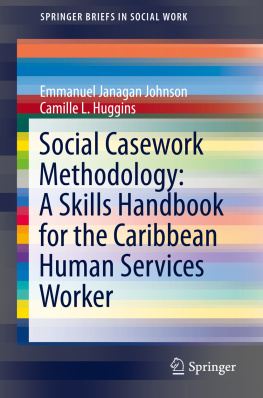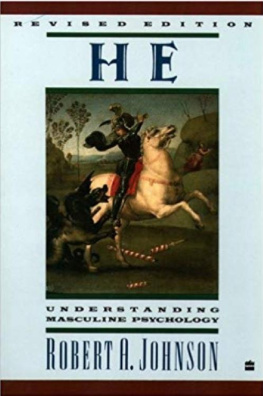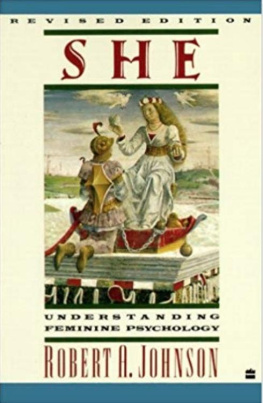In memory of Flight Lieutenant John J. Blair, DFC, Jamaica & 102 (Ceylon) Squadron, RAF Bomber Command and the 500 other Caribbean aircrew volunteers who flew alongside him.
Lest we forget
The application of force alone, without moral support based on a spiritual concept, can never bring about the destruction of an idea or arrest the propagation of it, unless one is ready and able ruthlessly to exterminate the last upholders of that idea even to a man, and also wipe out any tradition which it may tend to leave behind.
Adolf Hitler, Mein Kampf (My Struggle)
First published in Great Britain in 2014 by
Pen & Sword Aviation
an imprint of
Pen & Sword Books Ltd
47 Church Street
Barnsley
South Yorkshire
S70 2AS
Copyright Mark Johnson 2014
HARDBACK ISBN: 978 1 78346 291 9
PDF ISBN: 978 1 47383 663 1
EPUB ISBN: 978 1 47383 487 3
PRC ISBN: 978 1 47383 575 7
The right of Mark Johnson to be identified as the Author of this
Work has been asserted by him in accordance with the Copyright,
Designs and Patents Act 1988.
A CIP catalogue record for this book is available from the British
Library
All rights reserved. No part of this book may be reproduced or
transmitted in any form or by any means, electronic or mechanical
including photocopying, recording or by any information storage and
retrieval system, without permission from the Publisher in writing.
Typeset in Ehrhardt by
Mac Style, Bridlington, East Yorkshire
Printed and bound in the UK by CPI Group (UK) Ltd, Croydon,
CRO 4YY
Pen & Sword Books Ltd incorporates the imprints of Pen & Sword
Archaeology, Atlas, Aviation, Battleground, Discovery, Family History,
History, Maritime, Military, Naval, Politics, Railways, Select, Transport,
True Crime, and Fiction, Frontline Books, Leo Cooper, Praetorian
Press, Seaforth Publishing and Wharncliffe.
For a complete list of Pen & Sword titles please contact
PEN & SWORD BOOKS LIMITED
47 Church Street, Barnsley, South Yorkshire, S70 2AS, England
E-mail:
Website: www.pen-and-sword.co.uk
Authors Note
G rowing up in London during the early 1960s, the scars of Adolf Hitlers rampage across Europe and North Africa during the Second World War were all around me. The gaps in the buildings and the old bomb sites, the comic books and films, the old mens tales, the absent relatives and the still fresh recollections of our parents and grandparents made the events of twenty years before feel like memories we all shared.
The British had their war thrust upon them and my mothers family included a Royal Engineer officer who served in Italy and France, a Home Guard volunteer and several Dutch relatives who were killed by the Nazis during the occupation of the Netherlands. On my fathers side we are Jamaican and for many years I assumed that this side of the family had little or no connection with the war at all.
When I was twelve, we moved to Jamaica to live and I finished high school there. It was in Jamaica that I first met my great-uncle (my paternal grandmothers brother), former Royal Air Force Flight Lieutenant John J. Blair, DFC. A distinguished but extremely modest and soft spoken Jamaican gentleman, once a school teacher, but by then practicing law, great-uncle John never spoke of the war, or of his wartime service, but over time I gleaned snippets of his past from other relatives. Ever so slowly, a picture of a black RAF volunteer who had flown a full tour with RAF Bomber Command over Germany between late 1944 and the spring of 1945, and who had earned a Distinguished Flying Cross in the process, started to emerge and I decided that I had to record his tale.
I completed my own military service in the small but operationally active Jamaica Defence Force, where our focus was on interdicting the international narcotics trade through and from the island. I like to believe that it was this fact that encouraged great-uncle John to finally tell me his story. How did you get him to talk? was the question posed by several of my other relatives. John Blair spoke to me for many hours and I recorded it all on tape. From the resulting transcript, my follow-up research and interviews with other Jamaican RAF veterans, I realized for the first time that he was only one of thousands of Caribbean volunteers to join up for European service in the early 1940s. I also discovered that as many as 500 of these men had become aircrew and over a third of those had been killed in action, or, in a few cases, had actually been taken prisoner by the Germans, while another fifty men had succeeded in joining the RAF as aircrew from West Africa. I learned in addition that female RAF volunteers had travelled to England from the Caribbean for ground duties and that the first black woman in British military uniform was also a West Indian.
These were startling discoveries, for never throughout my upbringing in England, or during my schooling in Jamaica, had I heard any mention of these amazing individualists. Never in all the reading I had done on the topic of the Second World War, and it was extensive, had the subject received so much as a single mention. What had inspired these people to go and fight? Where had they served? Who had died, how, and in what numbers? How had black men survived in the Stalag Luft system, the network of prisoner-of-war camps built by the German Air Force specifically for Allied aircrew? What other challenges had the volunteers needed to overcome? What had become of them once the fighting was over and why, when films like The Tuskegee Airmen (1995) and Red Tails (2012) had received international attention, were the men of the black dominions, who flew in equally large numbers, not properly recognized and celebrated, either at home in the Caribbean, or in Britain? These and other questions nagged me.
So I began my search for answers, a search that has taken almost two decades. During this process I discovered a great deal that I did not know and my attitudes towards our shared colonial history, race and racism, and the actions of Bomber Command itself, were challenged in many ways. I also came to understand that the true role of the military historian is not merely to recount the dates and times and places, the words of the generals, the tonnages dropped, the machines and their statistics, but to give a voice to the dead, the unheard and the forgotten. It is to tell the story of the many; to describe not the just the courage of the medal winners, but also wars horrors and its victims, so that later generations may have some chance of avoiding the mistakes of their ancestors.
The story of the Caribbean and West African RAF crews during the Second World War is a tale rarely told and even less frequently heard, and contrary to popular belief, many of the volunteers who were successful in their efforts to join the RAF as pilots, signallers, wireless operators, navigators, or air gunners, did not come from affluent, or even middle class backgrounds. But despite having often grown up in what counted for poverty by most European standards even grinding poverty in some cases the volunteers had equipped themselves for military service through education, hard work and personal commitment and they would succeed in overcoming the multiple barriers of class, race, politics and geography to join the RAF, complete their training with flying colours and fly operationally against Hitlers veteran airmen. That they came knocking on the door of the British Air Ministry, a systemically racist organization at the time, is a marvel in itself. What they subsequently achieved during their collective service is nothing less than astounding.


